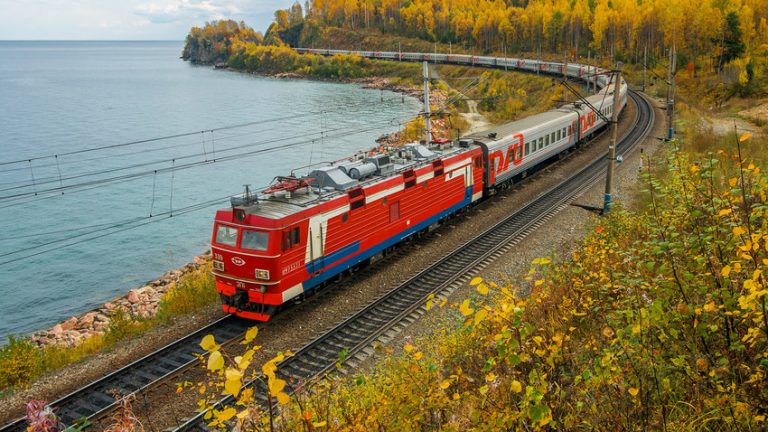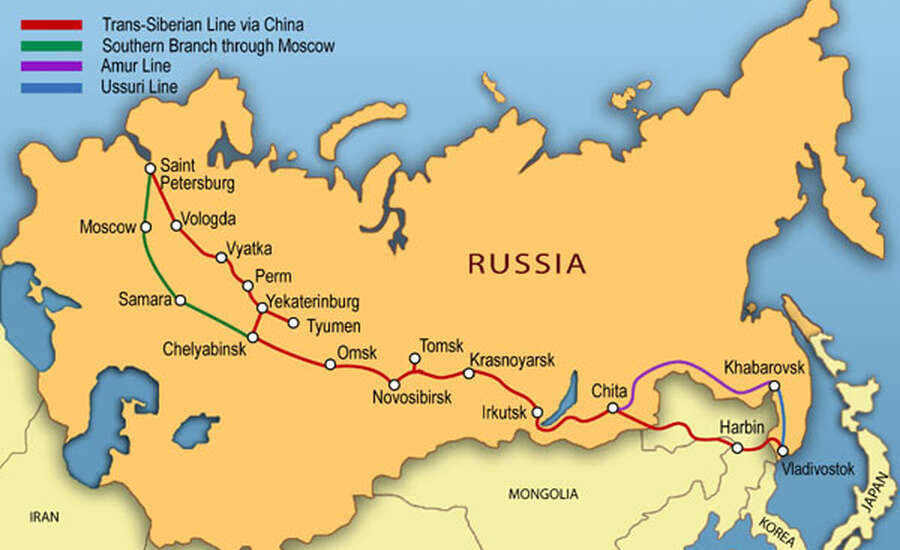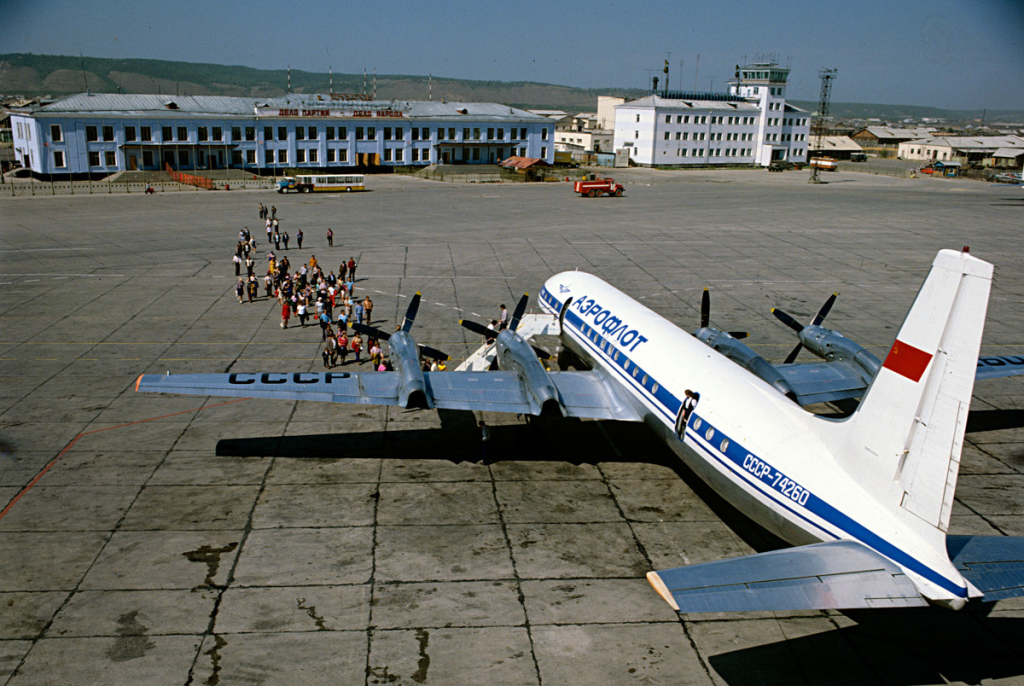
The region is home to some of the world’s most remarkable landscapes, including Lake Baikal, the deepest and oldest freshwater lake on Earth. Known as the “Pearl of Siberia,” Lake Baikal is a UNESCO World Heritage Site, renowned for its crystal-clear waters and unique biodiversity.
New York, N.Y. I once traveled the Trans-Siberian Railroad from Vladivostok on the Pacific Coast to Irkutsk and Lake Baikal, and then by Aeroflot on to Moscow. This was before the Iron Curtain fell. But the memories I made in that hot, sealed train without a bathing facility as we crept along the Chinese border, shades drawn as required, remain with me longer than the ring worm I developed there.

Siberia, a vast expanse in Russia, is a region of breathtaking natural beauty, rich history, and remarkable resilience. Spanning over five million square miles, Siberia encompasses everything from dense taiga forests to expansive tundras, majestic mountain ranges to tranquil lakes.
This land, often misunderstood and underappreciated, offers an incredible tapestry of cultures, traditions, and natural wonders that have shaped its unique identity and contributed significantly to the global community.
Unyielding Spirit and Resilience
Siberia’s history is a testament to the resilience and unyielding spirit of its people. Throughout centuries, Siberians have faced extreme climates, political upheavals, and economic challenges. Yet, they have thrived, developing a deep connection to their land and an enduring sense of community.
The indigenous peoples of Siberia, such as the Yakuts, Evenks, and Chukchi, have lived in harmony with nature for thousands of years. Their traditional knowledge and practices offer invaluable insights into sustainable living and environmental stewardship. The Siberian landscape, with its harsh winters and short summers, has taught its inhabitants to adapt and innovate, fostering a culture of resourcefulness and ingenuity.

Cultural Mosaic
Siberia is a melting pot of cultures and ethnicities. The diverse population includes Russians, Tatars, Mongolians, and many other groups, each contributing to the rich cultural mosaic. This diversity is reflected in the region’s languages, customs, and artistic expressions.
We are particularly fascinated by the region’s music and dance, which often incorporate elements of shamanism and folklore. Traditional Siberian music, with its unique instruments and haunting melodies, tells stories of the land and its people, preserving the heritage and history of generations. Festivals and celebrations throughout Siberia are vibrant displays of cultural pride and unity, bringing communities together in joyous revelry.
Natural Wonders
Siberia’s natural beauty is awe-inspiring. The region is home to some of the world’s most remarkable landscapes, including Lake Baikal, the deepest and oldest freshwater lake on Earth. Known as the “Pearl of Siberia,” Lake Baikal is a UNESCO World Heritage Site, renowned for its crystal-clear waters and unique biodiversity. We are particularly drawn to the lake’s endemic species, such as the Baikal seal, which are found nowhere else in the world.

The Altai Mountains, with their rugged peaks and serene valleys, offer another stunning natural spectacle. These mountains are not only a haven for wildlife but also a sacred place for the indigenous peoples, who believe that the spirits of their ancestors dwell in the highlands. Hiking through the Altai Mountains, one can feel the profound connection between the land and its inhabitants.
Economic and Scientific Contributions
Siberia’s natural resources have been a significant driver of Russia’s economy. The region is rich in minerals, oil, and gas, making it a critical player in the global energy market. Despite the challenges associated with resource extraction, Siberia continues to contribute to the world’s energy supply, showcasing its economic importance.
Moreover, Siberia is a hub for scientific research and exploration. The region’s unique climate and geography make it an ideal location for studying permafrost, climate change, and biodiversity. Siberian scientists and researchers are at the forefront of global efforts to understand and mitigate environmental challenges, contributing valuable knowledge and expertise to the international community.

Our Shared Responsibility
As we celebrate the beauty and resilience of Siberia, we must also recognize our shared responsibility in preserving this incredible region. The environmental challenges facing Siberia, such as deforestation, pollution, and climate change, threaten its delicate ecosystems and the livelihoods of its people. It is imperative that we work together to promote sustainable practices, protect natural habitats, and support the cultural heritage of Siberia’s diverse communities.
In recognizing Siberia’s contributions to the world, we are reminded of the interconnectedness of our global community. By honoring and safeguarding the rich heritage and natural beauty of Siberia, we not only celebrate a remarkable region but also contribute to a more sustainable and harmonious world.
#Siberia #Resilience #CulturalHeritage #NaturalBeauty #GlobalCommunity #TransSiberianRailroad #Vladivostok #Irkutsk #LakeBaikal #Aeroflot #IronCurtain
TAGS: Jim Luce, New York, Siberia, Resilience, Cultural Heritage, Natural Beauty, Indigenous Peoples, Sustainability, Global Community
Crossing Siberia by Train and Plane: From the Pacific to Moscow (July 9, 2010)